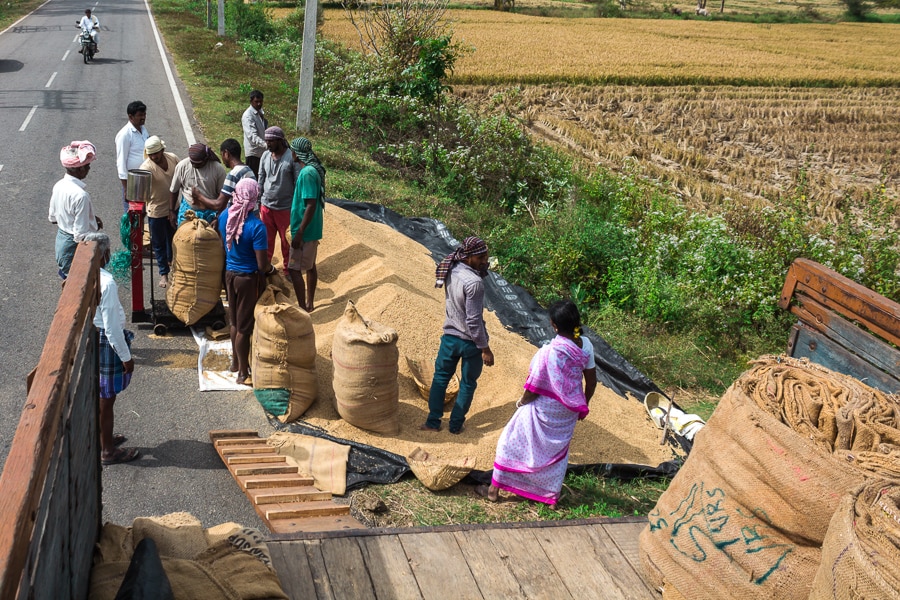
Budget 2022: Agriculture gets a tech boost
Technology support to farmers and support to agri-tech startups will increase yields, help transform sector
 For farmers to use appropriate production and harvesting techniques, the government will also provide a package with participation from state governments.
For farmers to use appropriate production and harvesting techniques, the government will also provide a package with participation from state governments.
Image: Shutterstock
From Kisan Drones to public private partnerships to help deliver high-tech services to farmers, the Union Budget’s focus was on increasing the use of technology in the agricultural sector.
This year’s budgeted estimate for agriculture is Rs 132513.62 crore, slightly up from the total allotment of Rs 1,31,531.19 crore in 2021 to two departments – Department of Agriculture, Cooperation and Farmers’ Welfare and Department of Agricultural Research and Education that fall under the Agriculture Ministry.
Finance Minister Nirmala Sitharaman also announced in her Budget speech this morning that the procurement of wheat in Rabi 2021-22 and the estimated procurement of paddy in Kharif 2021-22 will cover 1208 lakh metric tonnes of wheat and paddy from 163 lakh farmers. She added that Rs 2.37 lakh crore will be the direct payment of minimum support price (MSP) value to their accounts. “The government’s focus on equitable MSP distribution is encouraging to see,” says Kulwant Singh, a farmer from Jalandhar, Punjab.
Much to the farmers' relief, there was also no mention of the farm laws that were repealed in November 2021 after a long-drawn farmers’ strike at borders of Delhi. “We were worried that farm laws would be spun off into something new, we are glad that didn't happen,” says Singh.







